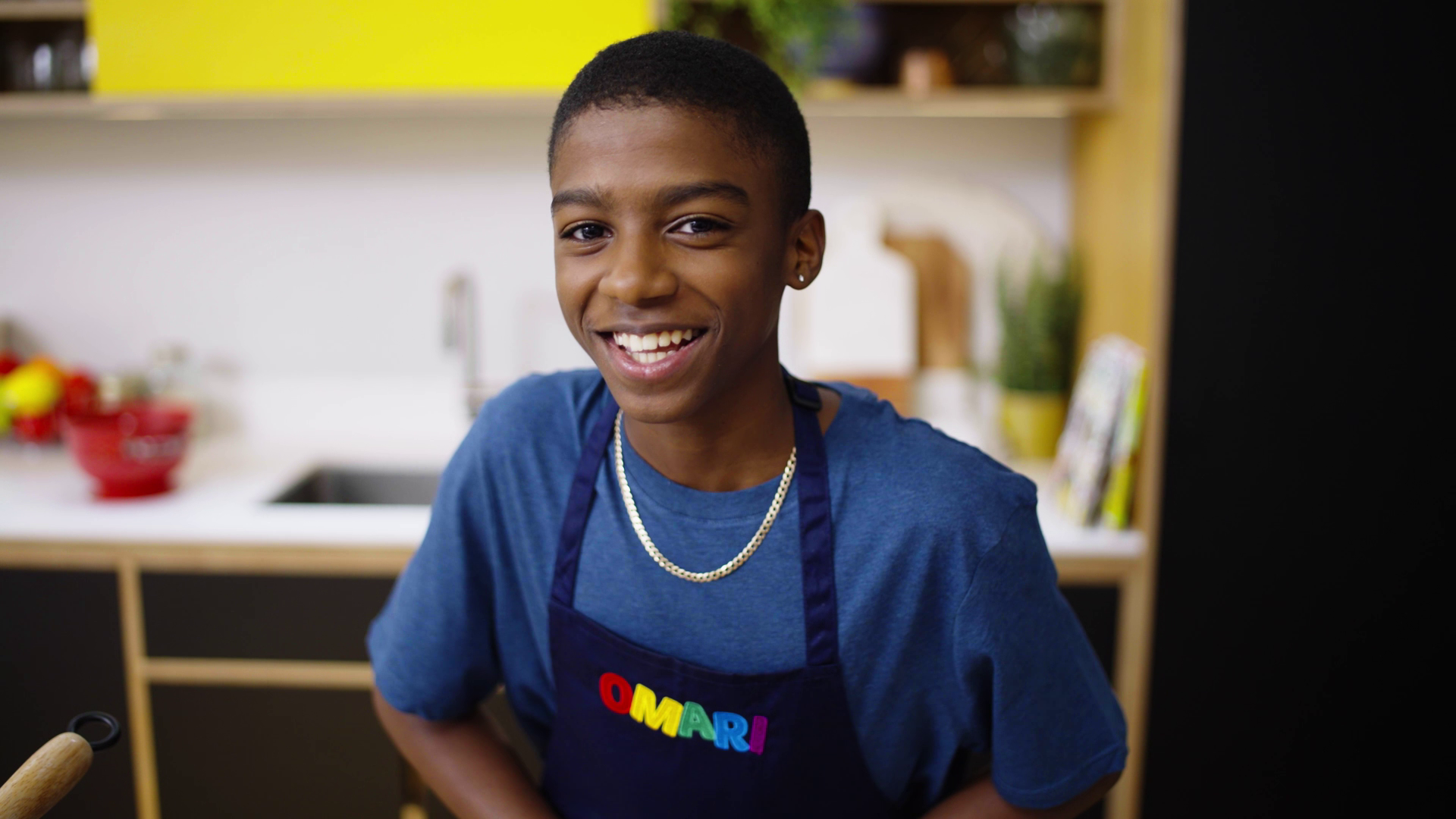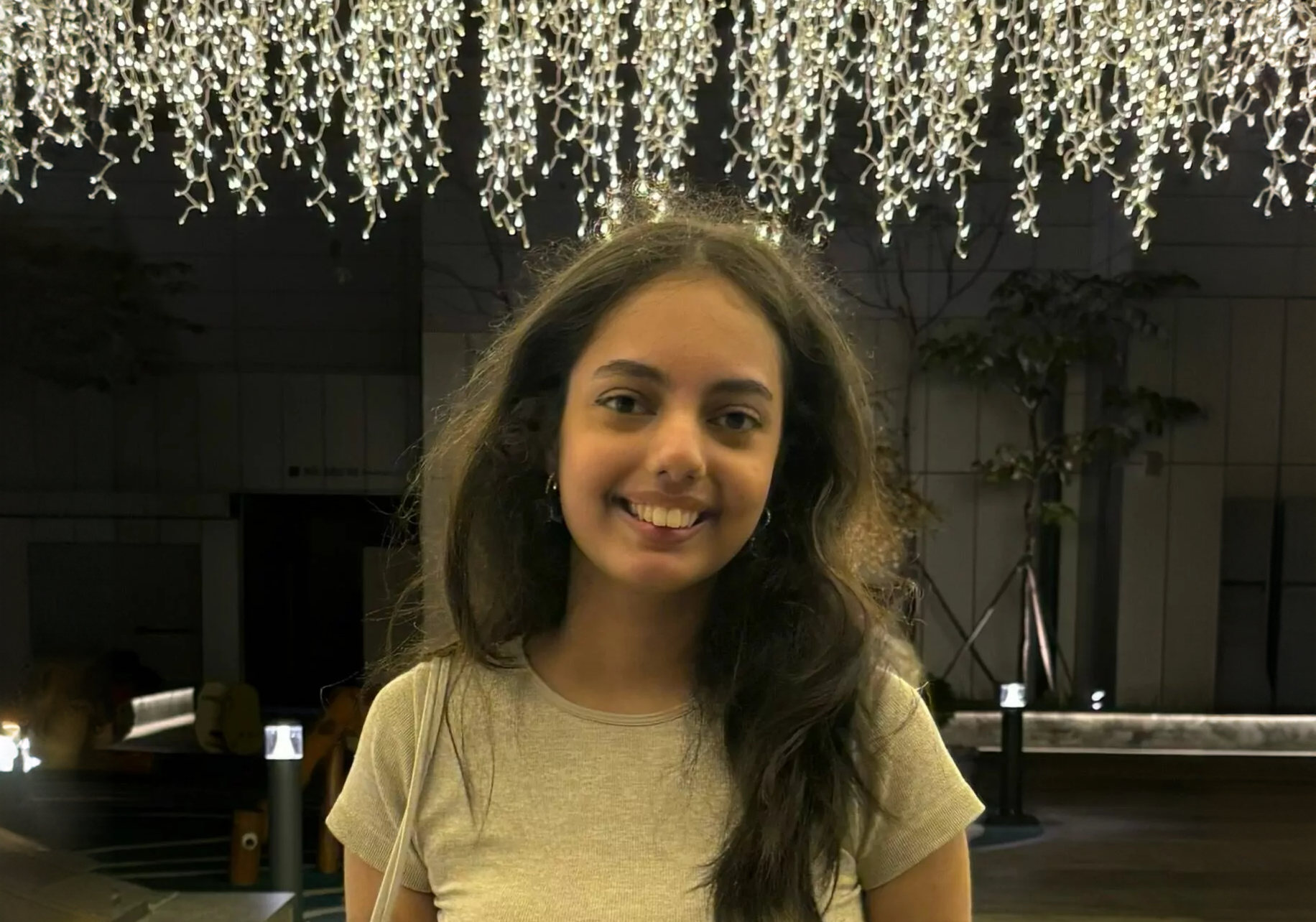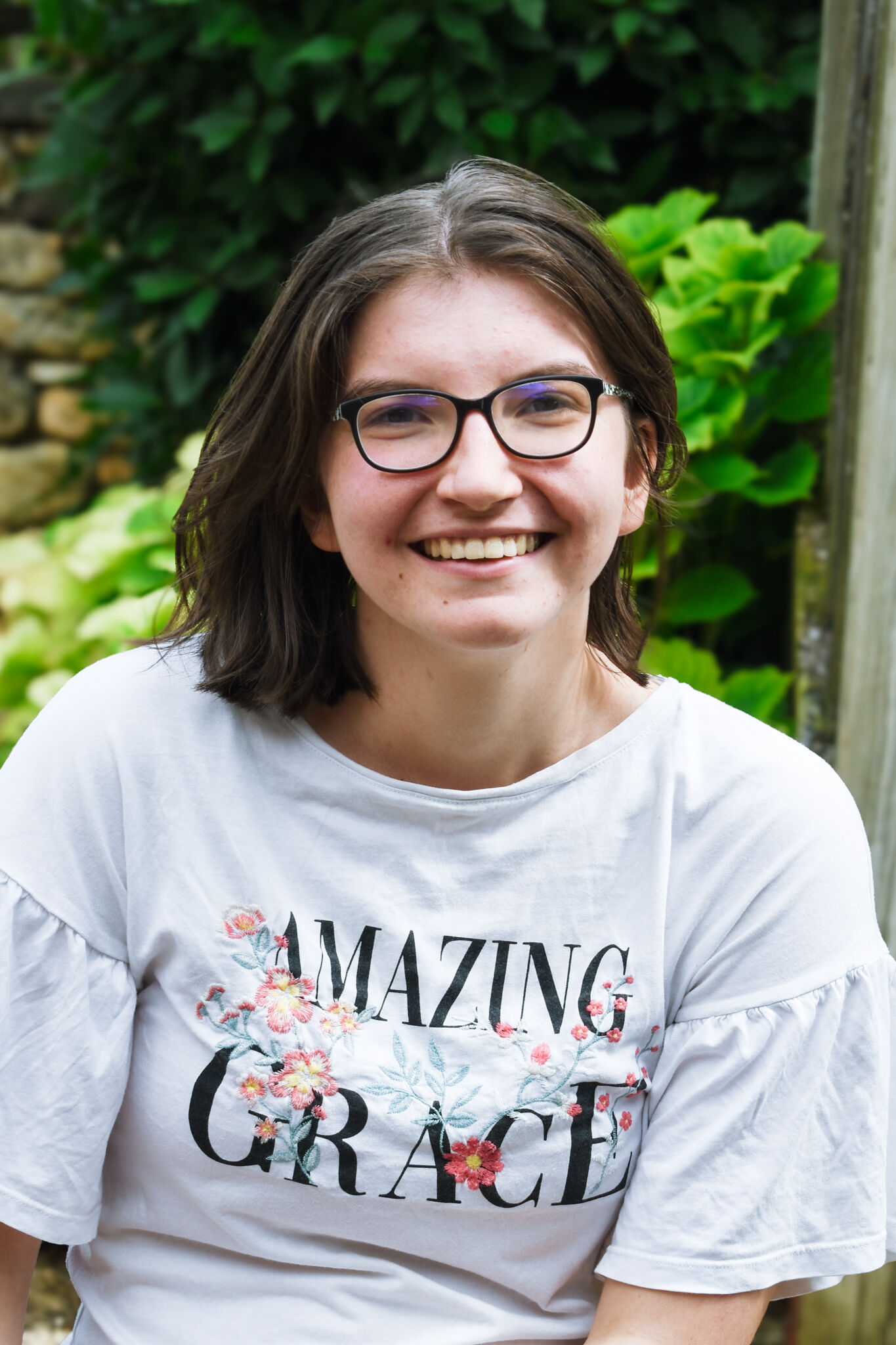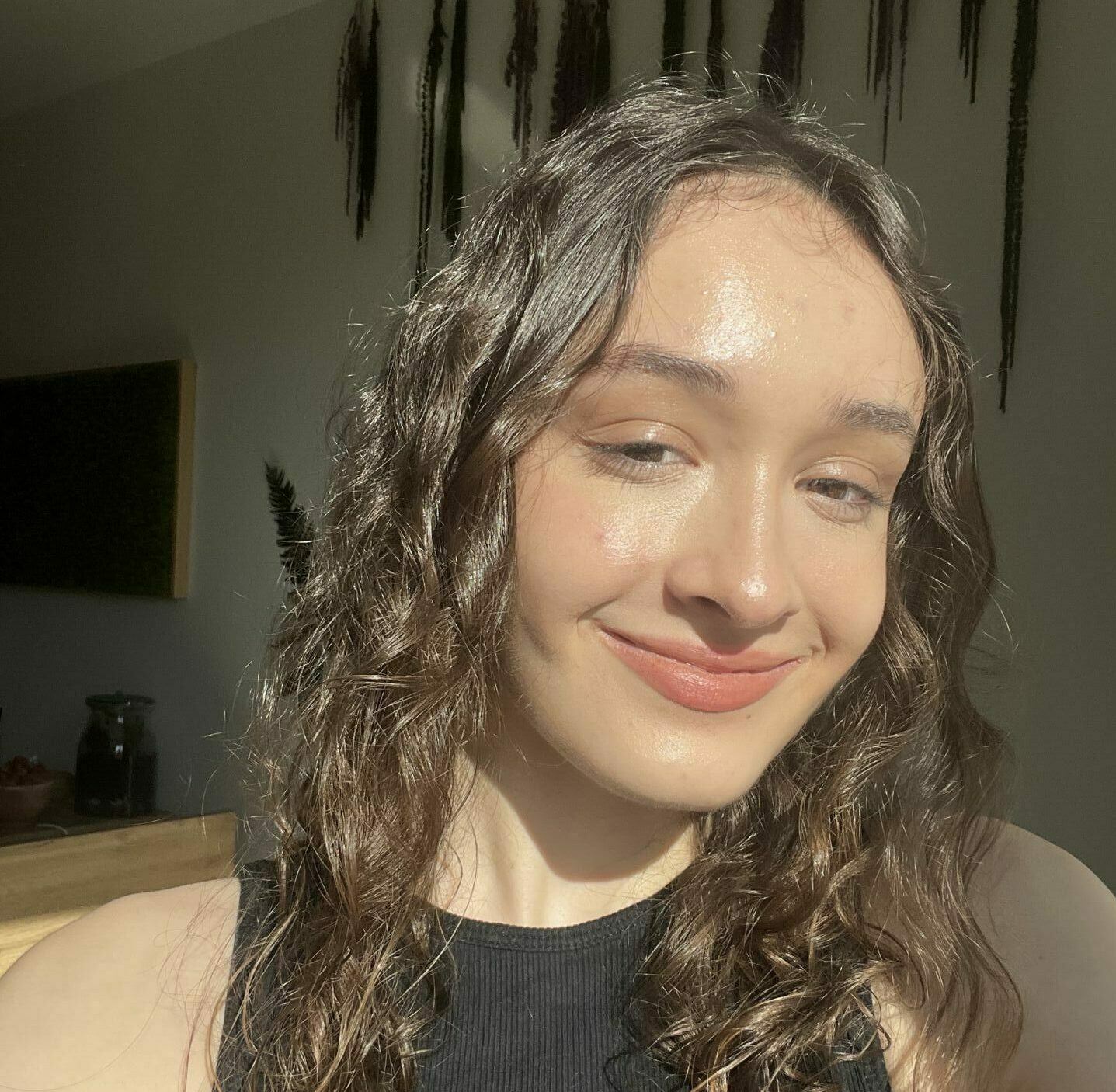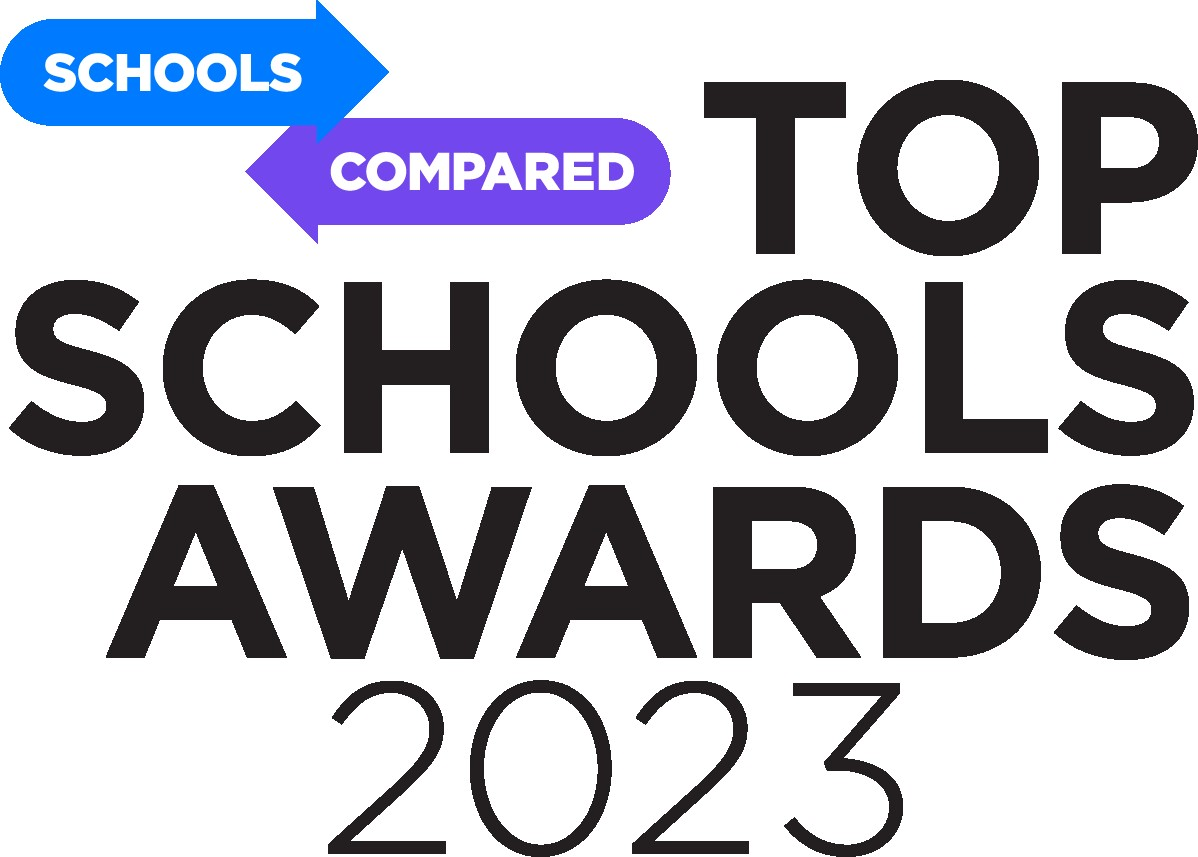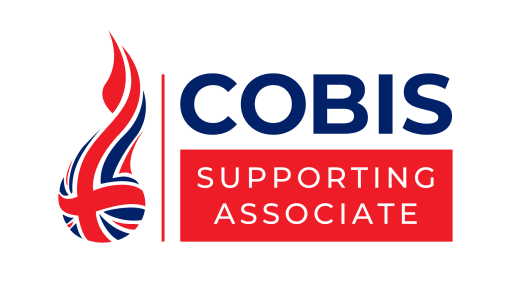
Article September 27, 2024
What age can your child start primary school?
What age do you start primary school in the UK? It may seem like a straightforward question, but there’s actually a lot of variation.
As our Head of Primary School at King’s InterHigh, Dr. Penny Alston, explains, “There’s no one single ‘right’ age to start school. It’s all about understanding your child’s individual needs and readiness, and the choice you make can have a big impact on their development.”
Let’s take a look at the typical and mandatory school starting ages in the UK, how to choose the right starting age for your child, and some of the alternative education approaches to consider in the younger years.
School starting ages in the UK
While there’s a mandatory maximum age for starting full-time education, many children begin earlier.
Recommended starting age vs. compulsory school age
Most children in the UK start primary school in September following their fourth birthday. This is the typical recommended starting age, but it’s not strictly mandatory.
Compulsory school age is different: this is the maximum age a child can be before they must start primary education. In England and Wales, the compulsory school age is five years old, which means your child must start school by the term following their fifth birthday.
In practice, this means:
- If your child was born between 1st September 2020 and 31st August 2021, they will start school in September 2025.
- If your child was born between 1st September 2021 and 31st August 2022, they will start school in September 2026.
In Scotland, school becomes compulsory when your child’s fifth birthday falls between the first day of term that year and the preceding first day of March.
Primary school year groups
In England and Wales, children start primary school in the Reception year group before moving into Year 1 the following year. They then stay in primary school until Year 6, typically at the age of 11.
Scotland has a slightly different system, with Primary 1-7 covering ages 5-12. In Scotland, your child will join Primary 1 when they first start school.
While nurseries (which cater to children under 5) are often attached to primary schools, they offer a different type of learning according to the Early Years Foundation Stage (EYFS) curriculum.

Your options: When can your child start primary school?
This range of starting ages means that, thankfully, you have a number of options available to you as a parent or caregiver.
Starting September vs. starting midyear
The school year begins in September across most of the UK, or in August in Scotland. As such, September is the most common time for children to start primary school. This allows them to begin learning together as a cohort, which can help them settle in, make friends, and follow the curriculum.
That being said, it is also possible to start your child at primary school part way through a year. For example, if your child turns five between January and March, you may choose to have them start school in January after the Christmas break.
Starting a year early or later
Generally, it’s not advisable for children to start formal education before age four, and many countries (such as Finland and Denmark) start school as late as seven years old.
Starting school a year late, on the other hand, is becoming more common across the country — especially for summer-born children born between 1st April and 31st August, who may start school in the September after they turn five years old.
According to one study, children born in August are 30% less likely than September-born children to be assessed as having a good level of development if they don’t start school late, while the UK government estimates that around 10,000 summer-born children who did not start school late do not achieve at least five GCSE passes due to their age.
There are two ways of going about a later start for summer-born children:
- Starting school in Year 1 after they turn five, skipping Reception altogether
- Starting school in Reception after they turn five, which requires a special request to the school
Starting primary school part-time
For a gentler introduction to formal education, your child can also start primary school part-time at the age of four. This could mean, for example, attending Reception for three full days or five half days a week, though the exact pattern of attendance will be at the Headteacher’s discretion.
When your child reaches compulsory school age, they’ll then need to transition to full-time education.
When’s the right time for your child?
If you’re worried about making the right decision around your child’s school starting age, you’re not alone. However, while every child develops at their own pace, you know your little one best as a parent or caregiver.
School readiness
Readiness for schooling isn’t just about academics or your child’s cognitive level. “School readiness encompasses your child’s whole development,” says Dr. Penny, “from their physical capabilities to their social skills and emotional needs.” All of these factors are important when it comes to having a happy time at school and making the most of their education.
How can you tell if your child is ready? Some of the key signs you might start seeing as they grow up include being able to:
- Be away from you or other carers without becoming overly distressed, anxious, or upset
- Follow simple instructions and routines at home, such as brushing teeth and picking up toys
- Use the toilet on their own
- Sit still and concentrate for notable periods (for example, half an hour at a time)
- Share and take turns with others around them without becoming excessively upset
You’ll also likely notice that your child is becoming more curious and enthusiastic about learning new things, possibly starting to recognise or take an interest in letters and numbers.
When is it a good idea to start late?
Whether a late start is right for your child will depend on a whole host of factors. Many families opt for a later start for children who were born prematurely or in the summer, while others choose a late start as a way to better accommodate their child’s special educational needs.
Even if your child doesn’t fall into one of these groups, you may also consider starting late if your child isn’t hitting on school readiness milestones yet.
“There’s a fine line between challenging a child who’s ready and overwhelming a child who’s not. The key, whether at home or at school, is that each child spends their day in a stimulating environment that matches their development and nurtures them to progress.” — Dr. Penny Alston, Head of Primary School at King’s InterHigh
The pros and cons of a late start
There can be many benefits to starting school later than usual, but also several potential drawbacks to consider.
Pros to starting school late:
- Your child will have more time to develop physically, emotionally, and socially in preparation to handle the school environment
- Your child may have better academic performance due to increased maturity or cognitive development
Cons to starting school late:
- When your child goes to secondary school, you will have to make requests for out-of-year admission to your school choices again
- Your child may become bored at home if they’re developmentally ready to begin school

How to prepare your child to start school
Regardless of when your child begins their school journey, there are lots of ways to help them get ready in the months leading up to their first day, including:
- Setting more rigid routines, like consistent bedtimes and mealtimes
- Encouraging independence in tasks like dressing and teeth brushing
- Practicing skills like holding a pencil or opening a lunch box
- Reading stories about starting school to set expectations
- Arranging playdates with future classmates to build familiarity
When should you get a primary school place?
Applications for primary school usually open in September the year before your child is due to start school, closing in the following January. So, for example:
- If your child will be starting school in September 2025, you’ll likely apply between 1st September 2024 and 15th January 2025.
- If your child will be starting school in September 2026, you’ll likely apply between 1st September 2025 and 15th January 2026.
The application process differs between locations, so you’ll need to look up the specifics for your local authority. You’ll then typically receive a primary school offer in April the year your child starts school.
Taking a different approach to primary
Starting primary school doesn’t have to mean going straight into a brick-and-mortar environment. These days, numerous parents and caregivers are choosing alternative approaches to primary education for a whole host of reasons.
Homeschooling your primary-aged child
If you feel like the traditional school environment isn’t the best place for your child to learn and grow, you may also consider joining the 126,000 children being home educated across the UK.
All children in the UK must start receiving an education from the age of five, but this can happen through homeschooling. You don’t have to follow the national curriculum or a typical school structure, but you must legally provide a suitable education.
Going online for primary school
Online primary school is also rapidly growing in popularity among parents seeking a more personalised, flexible, or innovative approach to learning.
We offer primary education from age seven at King’s InterHigh, which Head of Primary Dr. Penny Alston says, “allows children to develop the foundational social and emotional skills they need to thrive in a nurturing and attentive online school environment.” As such, our parents and caregivers in the UK typically choose to either home educate their child for the first few years of primary school or transition from in-person schooling after Year 2.
The flexibility we offer as an online primary school means that children can join us in a higher or lower year group than they’d typically be placed in or even join different year groups for specific subjects only. Students enjoy personalised learning, small class sizes for maximum individual attention, and reduced pressures—a particularly big draw for our neurodivergent students.
“At King’s InterHigh, we’ve developed a true learning community where young children can enjoy everything they need from a strong primary education in a more holistic, forward-thinking way.”
Head of Primary School at King’s InterHigh





